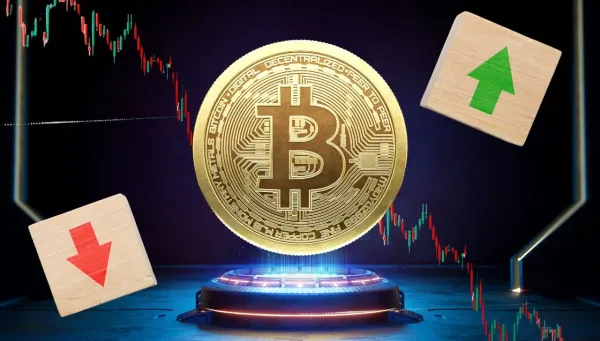Diverging Views in Two SEC Lawsuits Targeting Terraform Labs and Ripple

A different judge believes that the SEC lawsuit against Ripple could nullify the efforts the commission is making against Terraform Labs.

Diverging Views in Two SEC Lawsuits Targeting Terraform Labs and Ripple
Before delving into the main content of the article, readers need to distinguish between two judges:
- Jed Rakoff - overseeing the SEC's lawsuit against Terraform Labs and CEO Do Kwon, alleging a billion-dollar fraud conspiracy using cryptocurrency and securities assets, leading to a catastrophic collapse causing $40 billion in damages.
- Analisa Torres - presiding over the SEC's lawsuit against Ripple, accusing them of unlawfully raising $1.3 billion through the sale of XRP securities.
According to information published by The Block on the morning of August 1, Judge Jed Rakoff denied a motion to dismiss the Terraform Labs lawsuit and overturned a previous ruling by Judge Analisa Torres that partially favored Ripple. According to the federal judge, the approach to the Ripple lawsuit could potentially undermine or nullify the litigation against Terraform Labs.
Terraform had leaned on Judge Analisa Torres' ruling to request that the court dismiss the SEC lawsuit, but Judge Jed Rakoff believed that the civil lawsuit could still proceed.
Specifically, Judge Rakoff did not differentiate cryptocurrencies based on how they are sold. According to him, whether sold directly to large investors, organizations, or through third parties to retail investors, does not prove whether these tokens should be classified as securities or not. This stance contradicts Judge Torres' ruling regarding Ripple.
On the evening of July 13, the court declared that Ripple's XRP sales agreement could not be considered an investment contract. Judge Analisa stated that selling XRP to third-party organizations through direct agreements or over-the-counter (OTC) transactions would still be classified as securities, but selling through order books of intermediary exchanges would not.
Overall, these are two independent lawsuits, and Judge Jed Rakoff's ruling cannot reverse the situation set by the Ripple lawsuit, but it could potentially serve as a bad precedent for Ripple in the future.
In addition to the above arguments, Rakoff also dismissed other efforts by Terraform and Kwon to dismiss the lawsuit.
Terraform's legal team cited another legal argument that is becoming increasingly popular and commonly used to challenge the SEC. Essentially, they argue that regulatory agencies cannot act in economically or politically significant areas unless authorized by Congress.
Rakoff responded: "Under this standard, cryptocurrencies—though important—are not part of the U.S. economy and do not have significant economic and political significance."
"In conclusion, there is no indication that Congress will impede the SEC's authority in the face of new challenges posed by emerging technologies," Rakoff concluded, hinting that these technologies are affecting the market similar to securities.
Rakoff further stated that the SEC had made a reasonable argument that Terraform's digital assets and their sale are securities, and agreed that the SEC has jurisdiction to file a lawsuit.
However, Terraform achieved a small victory in a separate bankruptcy court session yesterday. A federal bankruptcy judge allowed Terraform Labs to file a motion to compel FTX, which has gone bankrupt. According to Terraform, FTX holds information and documents related to the coordinated short-selling of their tokens - the root cause of the empire's collapse in November 2022. Terraform Labs wants FTX to hand over wallet information, accounts, and assets used to trade on their platforms. This includes requests for additional wallet and trading account information for UST/LUNA from Jump Trading on FTX from May 1, 2021, to May 31, 2022, and any other wallet and account information of those short-selling Terra/Luna during that period.
In the lawsuit, the SEC asserts that Terraform had collaborated with Jump Trading to pump UST price stabilization money into the ecosystem a year before its collapse, something the stablecoin issuer has denied.





